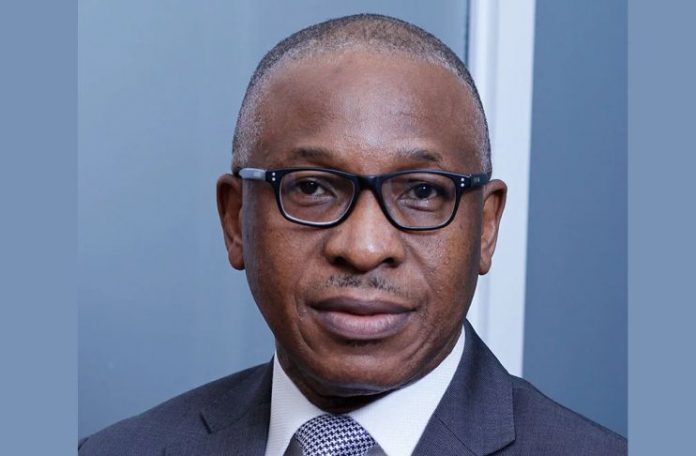Nigeria’s Director-General of Bureau of Public Enterprises (BPE) Alex A. Okoh has admitted that shipping and terminal charges are comparatively higher in Nigeria but attributed this to the cost incurred over failing infrastructure that has affected the overall cost of the port operators.
Mr. Alex A. Okoh noted that due to the constraining fiscal space and increasing demand for investment in other sectors of the economy, the government cannot fund the infrastructure required in the maritime industry.
Okoh stated this in a paper on ‘PPP as Alternative Financing Model in the Maritime Sector’ at a recent virtual breakfast forum on “Public-Private Partnership as Alternative Financing Model in the Maritime Sector’ organized by Nigeria-South Africa Chamber of Commerce and sponsored by a leading port investor in Nigeria, SIFAX Group.
The BPE Director-General who was the guest speaker at the event noted that the ports were conceded to private investors to run by the Federal Government in 2006 because of the need for efficiency to increase the efficiency of the port operations; to decrease costs of the port services to the port users; to relieve the government of budgetary commitments to the sector; to boost economic activity and accelerate development; and to make Nigeria the hub for international freight and trade in West Africa.
In the paper, Okoh advocated for a new approach to the development and maintenance of maritime infrastructure in Nigeria using PPP arrangements.
He informed that in the years just succeeding the concession of the ports, there were marked improvements in the area of income generation although above average but operators and customers alike, even to date, complain of high charges; high dwell time; poor infrastructure; and unfriendly business environment at the ports.
According to him, it has become obvious to the Bureau and most experts that more investment is required to improve the services and infrastructure in and around the ports
“It is clear to the Bureau that whilst shipping and terminal charges are comparatively higher in Nigeria, it is the cost incurred over failing infrastructure that has affected the overall cost the most. This shows that there is a clear, intrinsic relationship between the maritime sector and the transport infrastructure in a country.
“Due to the constraining fiscal space and increasing demand for investment on other sectors of the economy, the government cannot fund the infrastructure required in the maritime industry.
“It, therefore, means that alternative sources of income would have to be relied upon to procure maritime and indeed other development infrastructure.
“BPE reviews the current philosophy on PPP practice in Nigeria; the state of the Nigerian maritime infrastructure and the enormous investments required to develop its infrastructure in order to remain competitive and accelerate economic growth and development.
“Through a well structured PPP arrangement, Nigeria could attract credible investors and investment capital to further expand the infrastructure within the maritime sector,” said Okoh
He called on private sector players to bring in their wealth of knowledge, pedigree, and capital to accelerate the development of not just the maritime operations but the entire infrastructure landscape of the nation.




















